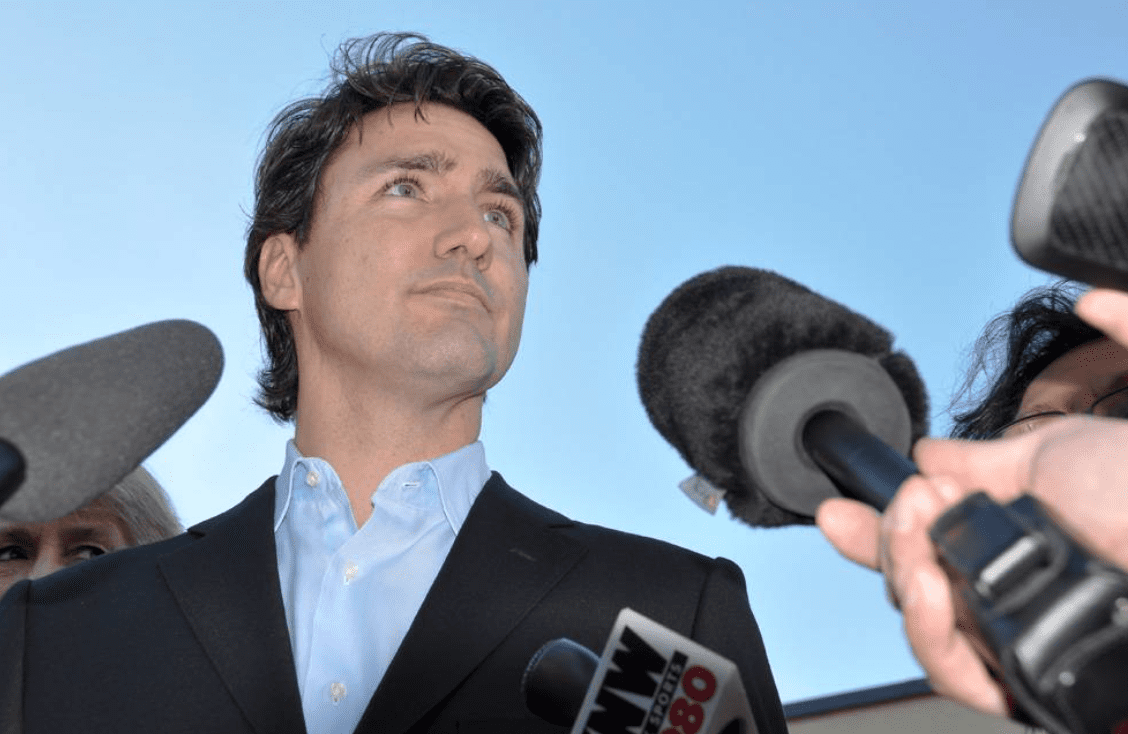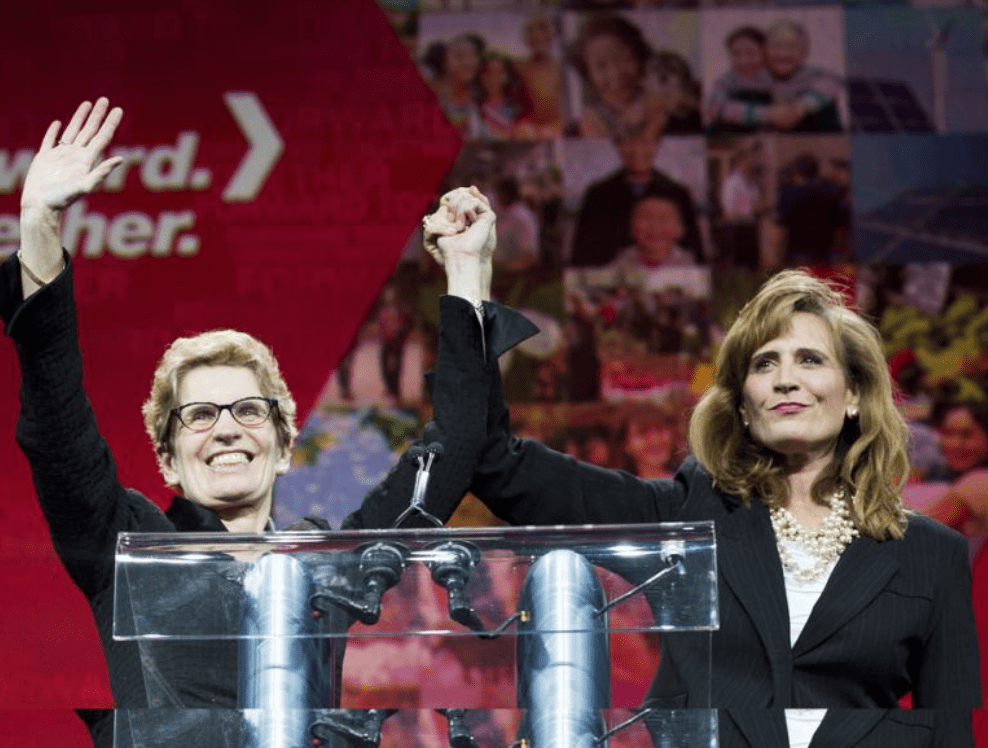Prime Minister Justin Trudeau, I'd argue, is currently embracing what might be called a "multitasking" communication strategy.
More specifically, in an effort to win re-election, I'm saying the prime minister will hedge his bets by simultaneously campaigning like three distinct candidates with three distinct messages.
If I'm right about this (and I'm usually right) it would, of course, mark a dramatic shift for Trudeau who, up until now, basically relied on a single, simple message: "Love me because of my adorably, cute personality."
And, let's face it, in the past that "cuteness" tactic totally worked for him, certainly it helped sweep him into power four years ago and certainly it helped keep him atop the polls for a long time.
But that was then and this is now.
Now, unfortunately for Trudeau, certain recent events have somewhat dimmed his "Care Bear" appeal.
Events such as Trudeau's disastrous India trip, in which his costume choices made him look like a extra from Aladdin; his controversial purchase of the Trans Mountain oil pipeline, which undermined his "Captain Planet" image; his ongoing diplomatic battle with China, which cost him an ambassador, and last but certainly not least, his involvement in the whole messy SNC-Lavalin affair, which cost him his Principal Secretary, two cabinet ministers, the Clerk of the Privy Council and a partridge in a pear tree.
So yeah my point is, given all this heavy baggage he's lugging around, Trudeau suddenly doesn't look so cute and adorable.
That means, if he can longer rely solely on his affable personality to ensure victory, it makes perfect sense for Trudeau to expand his political repertoire.
Hence, this is why I'm saying Trudeau has added more dimensions to his communications strategy — two more dimensions to be exact.
What are they?
Well, first off Trudeau will seek to present himself as an "issues" candidate, i.e. he'll passionately advocate for certain dramatic policies.
Indeed, we're already seeing this tactic play out in the way Trudeau enthusiastically preaches the gospel according to climate change.
As a matter of fact, the very first ploy Trudeau pulled when he was desperately trying to distract public attention away from the SNC-Lavalin scandal was to hold a pro-carbon tax rally. (Yes, I know he didn't call it that, but essentially that's what it was, right?)
The other dimension I'm seeing Trudeau add to his communication strategy is his willingness to embrace what I call "identificationism" i.e. he's basically saying to Canadians "vote for me because I'm good like you, while the other guy is bad like them."
To put that another way, he's playing a brand of "identity politics", meaning he will use every opportunity to identify himself as a progressive, tolerant, enlightened, civilized leader, while branding Conservative Party leader Andrew Scheer, as a reactionary, bigoted, hate-mongering, white nationalist, barbarian.
Case in point, note how the Liberals pounced on Scheer for supposedly not answering a question about the "alt-right" pizza-gate controversy, and how they scorched the Tory leader for not mentioning the words "Muslims" or "Mosque" in his statement following the horrific attack in New Zealand.
Get used to it to this sort of attack because it's going to be commonplace in the weeks and months ahead.
Meanwhile, at the same time Trudeau is bashing Scheer and pushing policies, he'll also continue to be a "personality" candidate, i.e. he will still play up his regular "Trudeaumania" routine: selfies, photo ops, jogging naked through the woods, riding a skate board in gay pride parades.
At any rate, as I see it, that's basically Trudeau's "multitasking" communication strategy in a nutshell.
What I don't know yet, however, is whether or not Trudeau has the political savvy to pull off such a complex approach to persuasion.
It isn't easy, after all, to advocate for grand policies, to demonize your opponent and to take selfies all at the same time.











